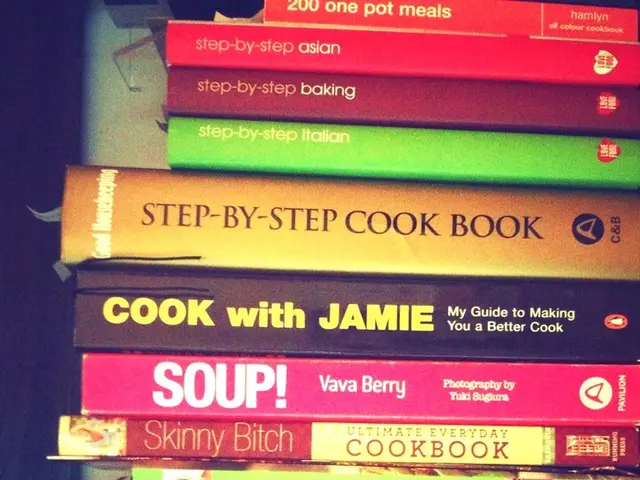Conquering the Dilemmas of Life: Navigating Difficult Decisions
Struggling with Choices? Discover Useful Aids for Tough Decisions
Life's bigger questions can sometimes leave us feeling overwhelmed and afraid. Here's how to make the right choice when you're stuck between a rock and a hard place.
Decisions, big or small, are an integral part of our daily existence. Some decisions require minimal thought while others, the ones that carry significant consequences, can become a source of apprehension and fear. These are the decisions that weigh heavily on our minds, like deciding whether to leave a long-term relationship, change jobs, or move across the country.
Prof. Florian Artinger, CEO of the Berlin consulting firm Simply Rational, explains that these decisions trigger fear because of the potential consequences, not the decision itself. For instance, if you're considering moving to a new city for a job, the fear might stem from concerns about how your partner or children will adjust, whether you'll miss your friends, or if the benefits of the move are worth the sacrifice.
Dorothee Ellerbrake, a systemic family counselor with her own practice in Düsseldorf, agrees. According to her, it's important to not just weigh facts but also emotions in such situations. For example, the joy of taking up a new and exciting challenge, or the guilt of potentially upsetting loved ones who would have to adapt to a new environment.
So, what can help in these trying times? A classic approach is to create a pro and con list, suggests Florian Artinger. Jotting down the pros and cons can provide a clear picture of the factors involved. However, it's also crucial to listen to your intuition. Your gut feeling, honed by experience and pattern recognition, can guide you towards an aligned choice.
However, remember to pair your intuition with rational thought. Take time to reflect and imagine the possible future scenarios associated with each decision. Gregarious discussions with trusted friends can provide diverse perspectives and objectivity, but do consider the value of a neutral third party in critical situations.
In the end, every decision comes with some degree of risk. It's important to manage uncertainty by considering various outcomes, their probabilities, and potential contingencies. Establishing deadlines and structured processes can help prevent analysis paralysis and ensure timely decisions.
Tools like SWOT Analysis, Cost-Benefit Analysis, Decision Trees can provide valuable insights while making decisions. Active listening, collaborative decision making, and objective analysis are additional strategies to maintain a value-free perspective. By balancing these tools, intuition, and a value-free perspective, you can navigate complex decision-making scenarios with more confidence and certainty.
Source: ntv.de, Sabine Meuter, dpa
- Home Office
- Employee
- Employer
- Vacation
- Psychology
- Stress
### Additional Strategies:1. Risk assessment and mitigation: Identify potential risks associated with each decision and develop strategies to minimize negative outcomes.2. Seek advice from experts: Consult with professionals who have expertise in the area of decision at hand for informed opinions and advice.3. Role reversal: Imagine yourself in the shoes of others who will be affected by the decision to gain a different perspective.4. Continuous reflection*: After making a decision, take time to reflect on its outcomes and learn from the experience to make better decisions in the future.
- In the pursuit of personal growth and education-and-self-development, one might consider vocational training as part of the community policy, especially when navigating difficult decisions. For instance, a pro and con list can be compiled to weigh factors, while also considering emotional aspects and intuition in the process.
- Moving forward with the right choice involves managing uncertainty and risks, and could benefit from additional strategies like seeking advice from experts, role reversal, and continuous reflection. These strategies can provide valuable insights, diverse perspectives, and opportunities to learn from the experience for future decision-making purposes.








